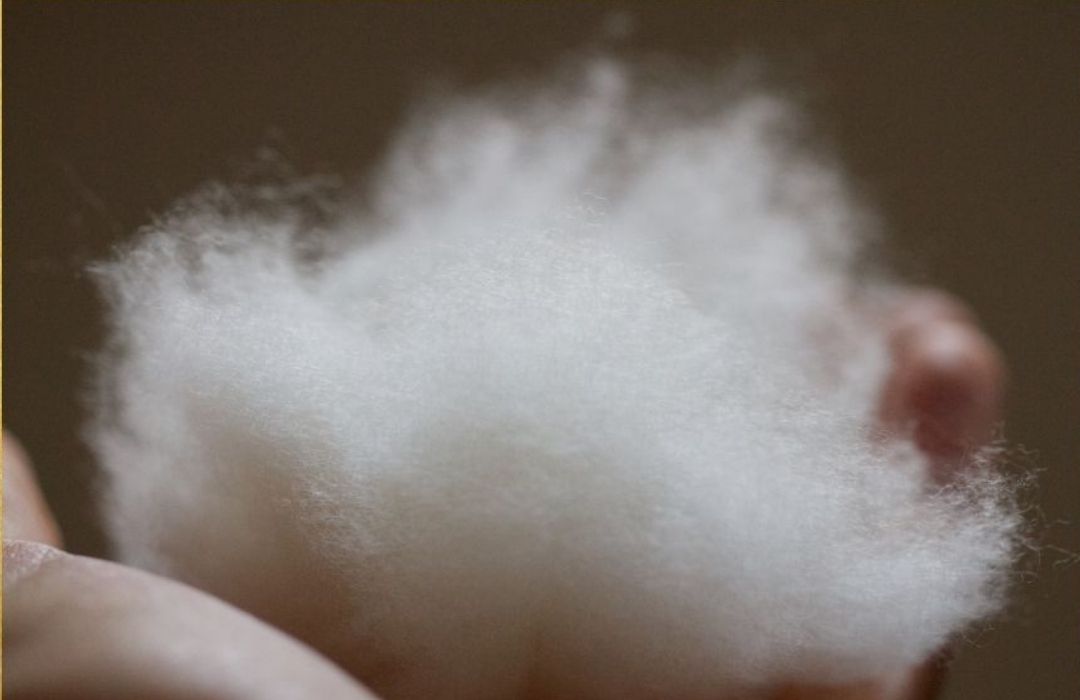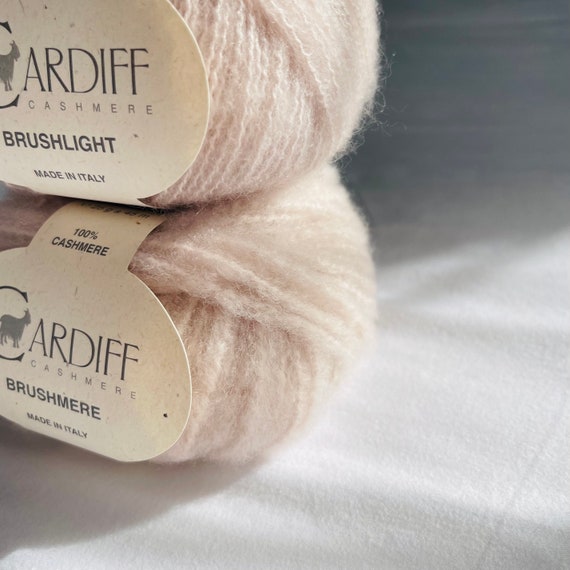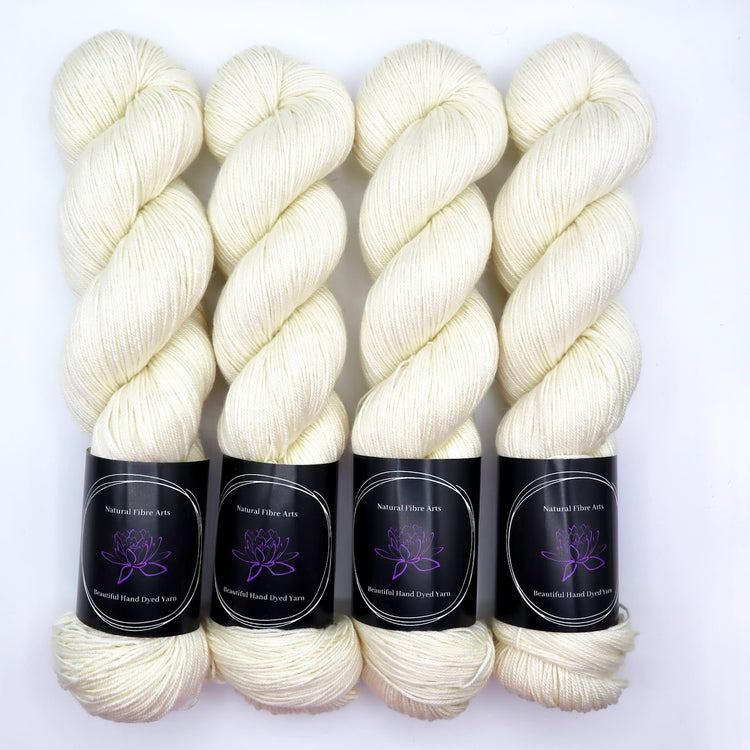Discovering What Material Is Cashmere and Its Role in High-End Clothing
Discovering What Material Is Cashmere and Its Role in High-End Clothing
Blog Article
Comprehending the Different Types of Cashmere an All-natural Fiber and Their Distinct Advantages

The Beginnings of Cashmere: A Historic Introduction
While the extravagant touch of cashmere continues to appeal modern-day consumers, its origins map back to the harsh, chilly environments of Mongolia and the Himalayas. For centuries, the native individuals of these areas have been increasing Capra Hircus goats, the prime resource of cashmere wool. These goats, durable versus the severe winters, grew a great undercoat to endure, which later on became referred to as cashmere. The name itself pays tribute to Kashmir, an area in India where the woollen was originally processed. Much of the early cashmere trade path was facilitated by the Silk Road, linking Asia with the Center East and Europe. Despite its global spread, the finest cashmere is still believed to originate from the original areas of Mongolia and the Mountain Ranges.

The Production Process: From Goat to Garment
Shearing a Capra Hircus goat marks the beginning of the intricate cashmere production process. The resultant raw cashmere is then cleaned to get rid of contaminations such as dirt, grease, and vegetable matter.
The clean fiber goes through dyeing, spinning, and weaving, or knitting, to transform it into a material. Complicated procedures like high quality control checks and ending up procedures comply with, making certain completion item keeps the glamorous requirement expected of cashmere. This painstaking process, from goat to garment, justifies the high price affixed to cashmere products, making them a sign of deluxe and improvement.
The Various Types of Cashmere: An In-depth Analysis

The Special Advantages of Cashmere: Convenience and Sustainability
Moving from the variety of cashmere kinds to the advantages they supply, comfort and sustainability stand apart plainly. Cashmere, an all-natural fiber, is renowned for its unrivaled gentleness, supplying a degree of convenience that artificial fibers can not match. The product's lightness, yet outstanding heat retention, makes it excellent for all seasons. Cashmere's all-natural flexibility allows it to return to its original shape, making it immune to extending or reducing.
When it pertains to sustainability, cashmere is naturally degradable and sustainable, as it's collected from cashmere goats that regrow their coats yearly. what is cashmere. Unlike synthetic fibers which can take centuries to disintegrate, cashmere's effect on the environment is marginal. This mix of comfort and sustainability makes cashmere a helpful option for conscious customers

Caring for Your Cashmere: Upkeep and Conservation Tips
While cashmere is unquestionably a lavish and sustainable option, it needs certain treatment to preserve its high quality and prolong its life expectancy. To begin, cashmere should be hand washed using cold water and a mild detergent. Cashmere items should be stored in a awesome and dry location, away from direct sunlight and wetness.
Purchasing Cashmere: Recognizing Its Worth and Worth
Although cashmere may at first appear like a costly financial investment, its long-term value and worth come to be apparent when you consider its impressive qualities. Recognized for its exceptional soft qualities and warmth, cashmere is a premium all-natural fiber that surpasses various other products. Investing in cashmere, as a result, is not simply this content about present find style fads, but regarding welcoming a sustainable, lasting, and lavish way of life.
Final Thought
In summary, the type of cashmere one chooses, be it Mongolian, Chinese, or Italian, is dictated by individual preferences for heat, sustainability, high-end, and spending plan. Recognizing the beginnings, production process, and one-of-a-kind advantages of different types of cashmere can guide customers in their investment in this glamorous natural fiber.
Whether it's the extraordinary warmth of Mongolian cashmere, the price of Chinese cashmere, or the eco-conscious manufacturing of Italian cashmere, there's a story to be uncovered behind each fiber kind. Cashmere, a natural fiber, is renowned for its unparalleled softness, providing a degree of comfort that artificial fibers can't match.When it comes to sustainability, cashmere is biodegradable and eco-friendly, as it's collected from cashmere basics goats who regrow their layers yearly. Known for its unmatched gentleness and heat, cashmere is a premium all-natural fiber that exceeds other materials. Recognizing the origins, manufacturing process, and one-of-a-kind benefits of various types of cashmere can assist consumers in their financial investment in this elegant all-natural fiber.
Report this page